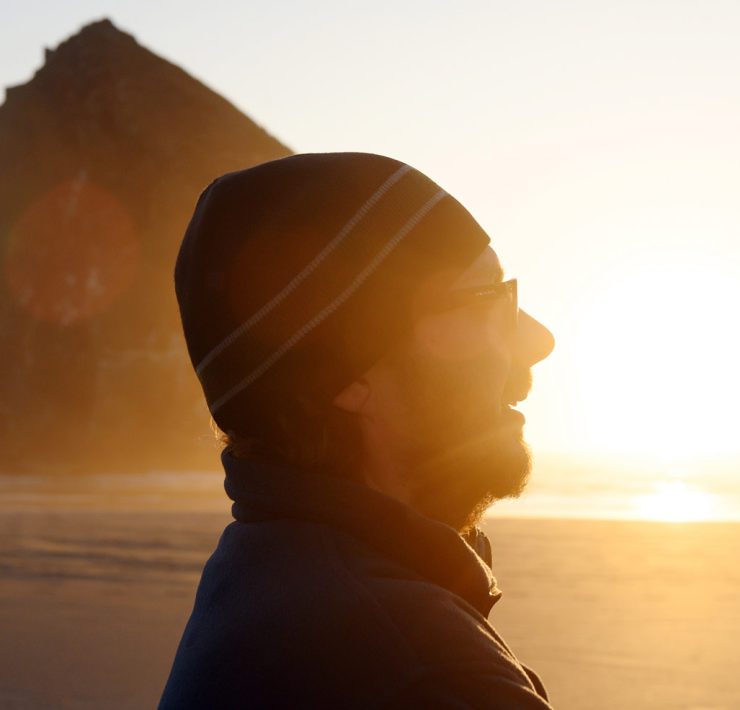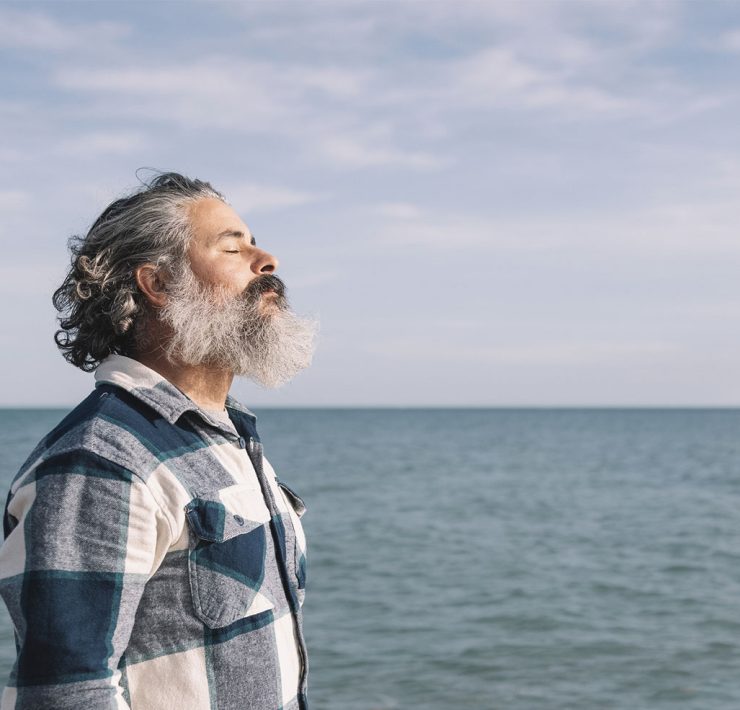The so-called “Blue Zones” were identified by New York Times bestselling author Dan Buettner in 2004. While geographically diverse, Buettner determined that the people living in these areas—Loma Linda, CA; Sardinia, Italy; Okinawa, Japan; Nicoya, Costa Rica; and Ikaria, Greece—all shared a common set of lifestyle factors contributing to their high incidence of centenarians.
He coined the following “Power 9” as the nine evidence-based common denominators in the Blue Zones that we can all incorporate into our daily routines with the goal of living a longer, healthier life.
Move Naturally
Creating a life where you move frequently is a core part of the Blue Zones lifestyle. People from these regions fill their days with regular walks, housework, or gardening. In other words, a 30-minute run and strength training is good for you, but they can’t counter the negative effects of sitting still the whole day according to Blue Zones official website. So take your calls while walking and move around as often as you can!
Have a Plant Slant
The Blue Zones Diet formulated by Buettner is 95% plant-based, with little to no meat (with the exception of fish) and zero dairy (with the exception of goat milk occasionally). People living in these regions not only eat meat sparingly but eat organic, free-roaming animals that aren’t pumped with hormones and antibiotics. And dairy-wise, go for alternatives like oat, soy, or almond-based products. Buettner stresses that we should load up on “beans, greens, yams, and sweet potatoes, fruits, nuts, and seeds”. In addition, adding olive oil and whole grains like brown rice, oats and barley to your diet is encouraged, with barley being “the food most highly correlated with longevity in Sardinia” according to Blue Zones’ official website.
Follow the 80% Rule
Once you start feeling full during your meal (like 80% full), stop! This practice comes from Okinawa, Japan called Hara hachi hu, the 2500-year-old mantra they say before their meals to control their eating habits. According to Psychologist Susan Albers PsyD speed also counts: “Slow down… and give your body time to register how much you’ve eaten. If you eat quickly and stop at what you think is 80% full you may actually be 100% full and not know it since your body hasn’t caught up yet with your mind.” Overall, the Blue Zones eat their heaviest meals at the beginning of the day and their smallest and last meal in the early evening.
Downshift
Studies show that stress significantly increases chronic inflammation in our bodies which is associated with every major age-related disease. All the Blue Zones have incorporated some form of stress-relieving activity in their daily lives: In Ikaria, they take a nap; In Okinawa, they take a few moments every day to remember their ancestors; in Loma Linda, Seventh-Day Adventists pray; and in Sardinia, they collectively enjoy a regular happy hour.
Cheers!
Speaking of happy hour, epidemiological studies indicate that moderate drinkers outlive non-drinkers. The Power 9 rules include a hearty endorsement of drinking 1 to 2 glasses of wine a day (instead of a whole lot more on a Friday night). If you really want to embrace the Blue Zone way of life, consider sourcing Sardinian Cannonau wine which has 2–3 times the amount of artery-cleansing flavonoids as other wines!
Find Your Tribe
The world’s longest living people were born into or chose social circles that supported healthy behaviors like the Okinawans who created Moais; groups of five friends that commit to each other for life. Studies highlighting the health benefits of friendship have shown that close friendships lower the risk of diseases by reducing cholesterol, blood pressure and even heart rate. So consider joining a book club, volunteering at a local charity or re-committing to seeing friends and spending quality time with family.
Live With Purpose
The Japanese concept of Ikigai centers on waking up every morning with an understanding of your purpose in life. Research shows that people who had Ikigai had lower mortality rates and a lower risk of cardiovascular disease. According to Buettner, having a sense of purpose adds up to seven years to the average life-span.
Put Family First
Blue Zone regions have a strong sense of family ties. Recent studies indicate that older adults who have close family members surrounding them have a decreased mortality rate. Even with all the recent innovations (hello, Zoom) Buettner claims actual facetime with family and loved ones is an important key to longevity.
Belong
The majority of centenarians living in the Blue Zone regions belong to a faith-centered community and attend their respective religious or spiritual services 4 to 5 times a month. Research shows that this adds 4 to 14 years to life expectancy.
While we can’t all reproduce the Power 9 in every aspect of our lives, we can weave some of the Blue Zones’ life-extending habits into a healthier 2022. By keeping our bodies active; eating clean, non-processed, plant-based foods; managing stress; and maintaining a close-knit, family-rich social circle, we can all “live our best lives”—and hopefully live them a lot longer.







